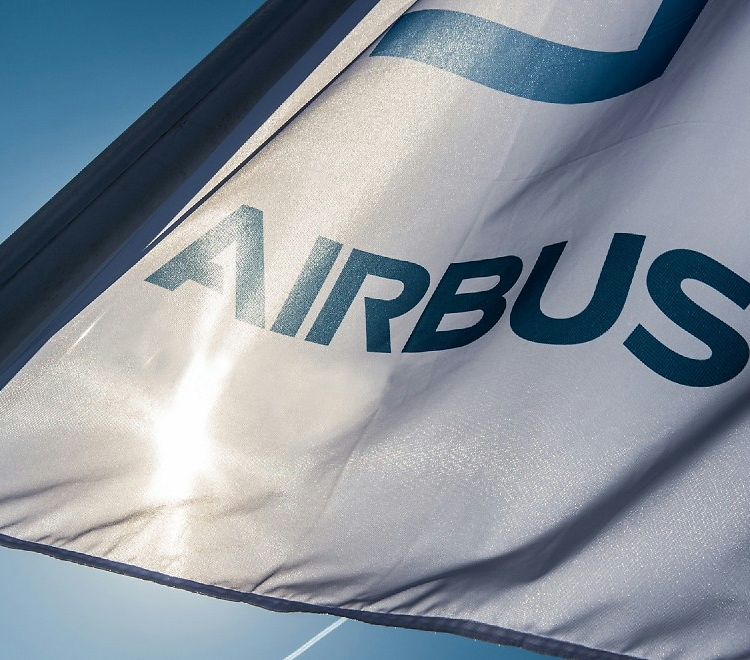“Why stop at zero?” This is the inspiring question Airbus Defence and Space asked with its Sustainable Mobility Challenge, which has seen more than 100 teams take up the task and submit ambitious ideas for lowering emissions “beyond zero.” Launched with support from the World Economic Forum, this competition underscores Airbus’ focus on sustainable development, environmental performance, and innovation.
During the “pitching” event at Airbus’ Innovation Factory in Ottobrunn, Germany – where the 10 finalist teams presented their innovative concepts to a distinguished jury panel – three winner teams were selected. Submissions were evaluated primarily based on relevance, scalability, feasibility, and uniqueness.
These three teams – from the United States, Belgium and Israel – now have the chance to join Airbus Defence and Space Innovation at the IAA Mobility conference (to be held September 7-12), where they will demonstrate their solutions.
M-Cycle: deriving energy from air
The first finalist team – from the M-Cycle Industries research and development startup in Denver, Colorado, USA – proposes significant energy savings through the Maisotsenko Thermodynamic Cycle (which is named after M-Cycle founder Dr./Prof. Valeriy Maisotsenko).
This method derives energy straight from air, which is known as psychrometric energy or latent heat. It is a renewable and exceptionally clean energy for production of cold air or heating, water production and water cooling, as well as waste heat recovery.
The unique combination of M-Cycle principles, design and new evaporative material can create a revolutionary evaporative air conditioner and extend the design to dew point water cooling, heat recuperation, water desalination and water from air technologies.
MAZARO: reducing energy consumption/emissions
Joining M-Cycle as another of the three finalists is MAZARO, a Belgium-based automotive engineering company that develops innovative transmissions for vehicles – reducing energy consumption and emissions by 11-19% in engine drivelines and extending driving range by 16.8% for electric vehicles.
MAZARO’s solutions offer exceptional internal efficiency due to the absence of slipping components and gears, plus the ability to always keep engines and e-motors on their best efficiency curves.
Ocean power from CO2 Sequestration as a Service
Hailing from Israel, the third finalist team is called CO2 Sequestration as a Service, and proposes the use of absorption farms at sea – utilising such natural ocean resources as solar power, wave energy and algae to extract CO2 from the atmosphere.
This is a cost-effective method for lowering emissions, with football field-sized pond able to consume 5.5 tonnes of CO2 per day.
For the IAA MOBILITY conference in September, Airbus will also take the opportunity to highlight its rapid prototyping and testing capabilities in the Innovation Factory, Ottobrunn and the Drone Centre, Manching. Besides supporting new Airbus developments both facilities are open to the public, cooperating with universities and start-ups.
